When purchasing an RV, you can choose a 30 Amp RV or a 50 Amp RV electrical system. What is the difference between the two, you ask? First, you will notice the two have different plug designs. A 30 Amp RV plug has 3-prongs, a 120 Volt hot wire, a neutral, and a ground wire.

The 50 Amp is a 4-prong plug with two 120 Volt hot wires, a neutral, and a ground wire. The 50 Amp service can provide up to 12,000 watts of power while a 30 Amp service will not supply more than 3,600 watts. Even when using an RV power adapter your 30 Amp recreation vehicle will not receive more power. 50 Amp RV systems offer a larger load requirement than the 30 Amp system.

Your RV could get power from many sources including RV park power on your campsite, a portable generator, or even your regular household outlet. Figuring out which type of generator you should purchase can be daunting, but we have some tips for you to consider before choosing your RV generator power option.
If your portable generator uses gas to run the generator and power your RV. Be prepared to know the amount of gasoline you will require for your trip. On average, a gas generator requires half to a full gallon per hour of power. Gas stations and gasoline are usually easy to find anywhere you are traveling.
You may also own a diesel or liquid propane generator. Diesel burns cleaner than gasoline while liquid propane burns cleaner than both. LP is the eco-friendly option, however, it will have you relying on the size of your LP tank as it may be difficult to find an LP tank for sale, depending on your travel location.
Diesel is an ideal option, if your RV runs on diesel you can easily top off both machines at once. It does produce more power than LP and it won’t explode like gasoline. Prepare yourself for the diesel generator usually makes more noise than the others and is often heavier.
You may use your generator as a direct power source for your appliances which can plug into your generator's standard home outlets. You could also use your home’s electrical system to power your RV. This option will not allow you to run all your RV appliances at once. Your RV requires either a 30 Amp or 50 Amp service and will be limited as your home is a 15/20 Amp electrical system.

Regardless of which generator fuel type you decide to go with, make sure your generator has the NEMA TT-30R outlet if you own a 30 Amp electrical system or a NEMA 14-50R outlet if you own a 50 Amp electrical system. This will allow you to plug directly into your generator as a power source.
We can provide you with an AC WORKS® brand 15/20AEX all-weather indoor/outdoor extension cord to help you connect to your home’s electrical. You will also need a 15/20 Amp adapter for your RV’s electrical system. Make sure you turn off all appliances within your RV, the breakers to your home, and then plug the extension cord and adapter into your RV’s electrical hookups. It is now safe to turn your home’s circuit breaker back on.
The most commonly used for power when traveling is the RV park power source. Park power pedestals often have one of two common power hookups, the NEMA TT-30R and/or the NEMA 14-50R outlets for 30 Amp and 50 Amp service options. When traveling you will not always be sure of which power hookups are offered to you. Be prepared with the appropriate adapters for any situation, if you want to keep the power on.

AC WORKS® offers both a 30 Amp and 50 Amp RV Kit making sure your power will stay connected no matter where you are traveling. Simply plug the appropriate adapter into your RV power cord and plug it into the available power source. You will find both kits available on our website and just for reading this post you will receive a 10% discount on our indoor/outdoor extension cord with the purchase of one of our RV Kits, now through the end of RV season in September. (Use Coupon Code: Extension10 at checkout)
The amount of wattage required to power your RV will depend on which system you have, your RV power source, and your electrical usage. To understand the wattage required, you need to know which service your recreation vehicle has, the 30 Amp or 50 Amp. You may also use this information as a guide before purchasing your new recreation vehicle.
When using RV park power as your source, there are typically two outlet types available, as mentioned above. The first, a NEMA TT-30R outlet, will require a NEMA TT-30P RV plug from your 30 Amp system. At this rate, you will be able to use up to 3,600 watts of power inside your RV. The other option is a NEMA 14-50P RV plug from your 50 Amp electrical system. This option allows you to use up to 12,000 watts of power in your RV.
What if you have a 30 Amp system and the campground only has 50 Amp service available for your camping dates? Don't worry, we can help you get plugged into that power source in no time with our collection of AC WORKS® brand RV adapters. The RV1450TT adapter will allow you to plug your 30 Amp recreation vehicle into the park's 50 Amp service.
Does the same apply to your 50 Amp RV plugging into the RV park's 30 Amp power source? Yes, we do have electrical adapters to help you power your RV in this situation. The AC WORKS® RVTT1450. However, you must keep in mind, your RV will only receive 3,600 watts of power. You will not be able to run your appliances and power the way you have in the past when hooked up to a 50 Amp power source.
The best way to figure out what appliances you can use and when is to find out the amperage for each appliance. Using the Amps, you can find out the wattage required for each appliance based on a simple equation. Amps multiplied times volts is equal to watts. This will allow you to add the total wattage required for the appliances you need to run.
Pro Tip: You can usually find the wattage of your appliance on the tag or the back of the machine.
When running your trailer's appliances, you may notice you need more power than is available to you. If this happens, there are a few tricks to get around this problem. Because you already figured out the total wattage for each of your small appliances, you will know how many watts each appliance requires for use.
The need for calculation usually arises when using a 30 Amp system or power source because you will only get a total of 3,600 watts. This same issue will surface if you are using your home's 15/20 Amp service. Your home electrical will only allow you 2500 watts of power. Once your calculations are made decide which appliances are the most important and use those.
Unplug the other appliances from your RV electrical outlets to avoid tripping your breaker. If you need another appliance, we have a very simple solution. You will turn one off and use the other. This easy method will allow you to get through without the higher power source. Watch this week's episode of AC WORKS® Wisdom.
If you have any other questions, please reach out to us as we are here to help you. You can contact customer service 24/7 using our main office number 414.434.2220 or you can text our sales engineer anytime using 414.323.3240. If you have an idea for a topic you want to know more about please email our Marketing Manager, Stephanie at marketing@acconnectors.com so we can add your topic to our calendar.
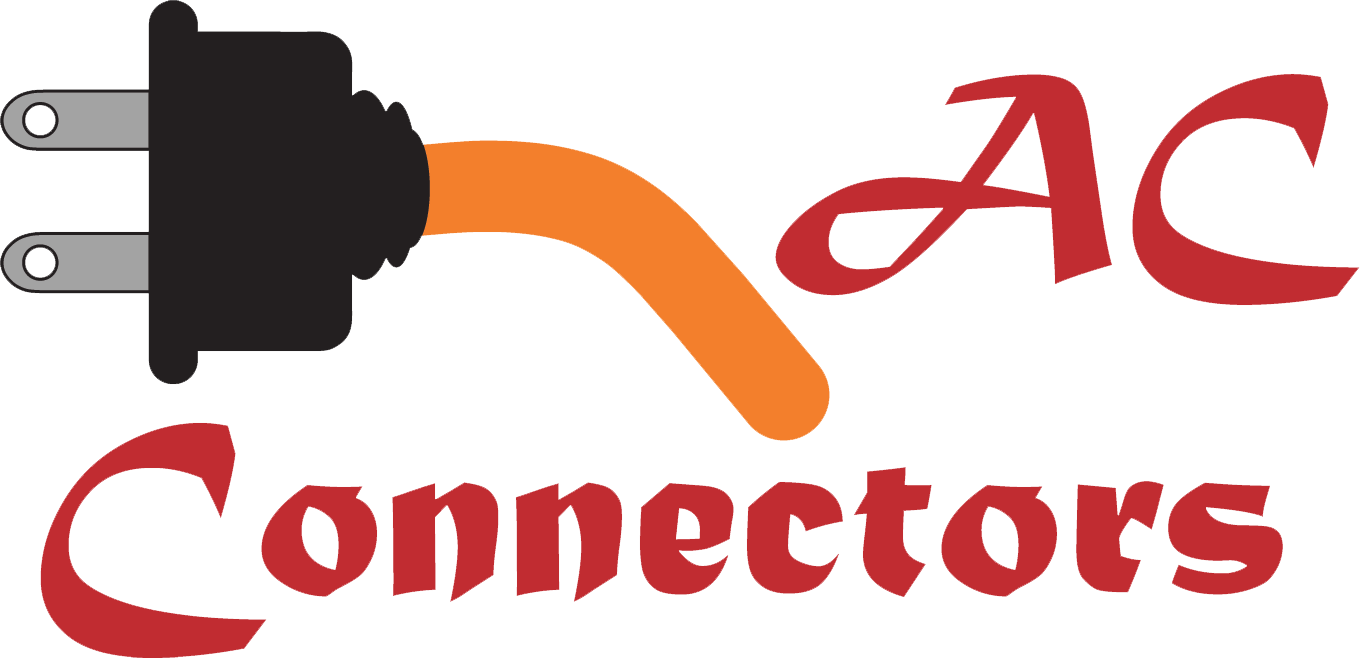
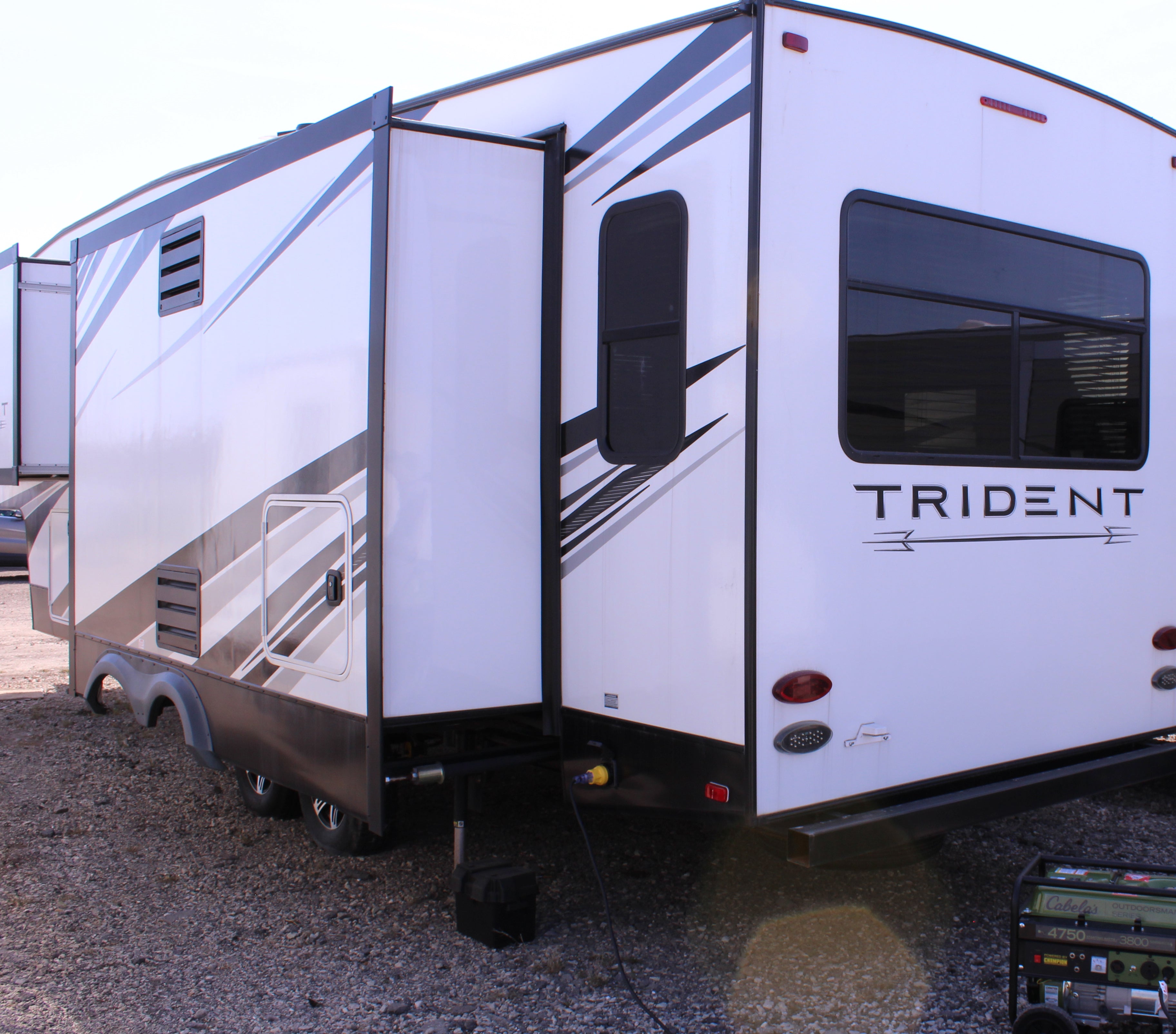



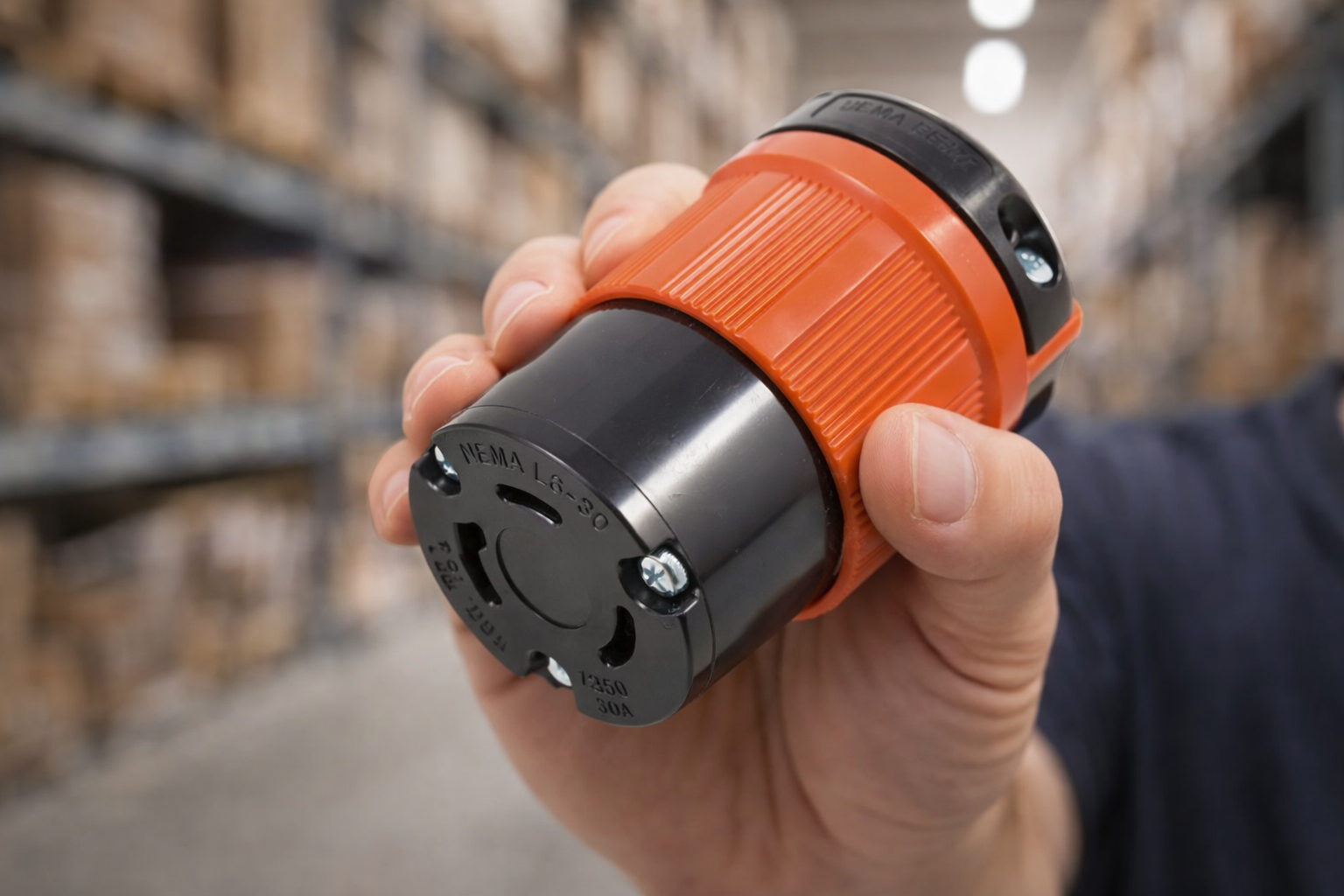
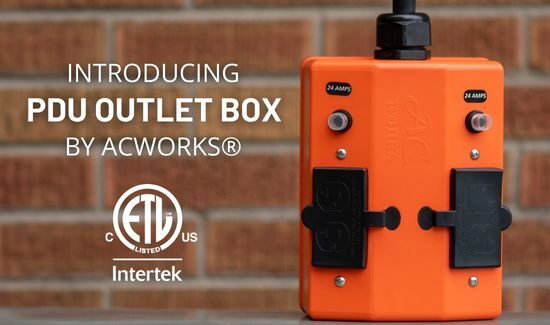

Share:
Keep your Puppy Safe in your Home or RV
Reasons for Your RV Electric Problems
2 comments
Hello George. We do not carry a 30 amp outlet extender for your RV power source.
I can’t fit my 30 amp RV cord into the outlet because the box doesn’t have enough room to bend the cord. Do you have a 30 amp extender which would have both the RV 30 amp input (two slots and post) and output so that I can then put the cord into the extender and not have to modify the box.